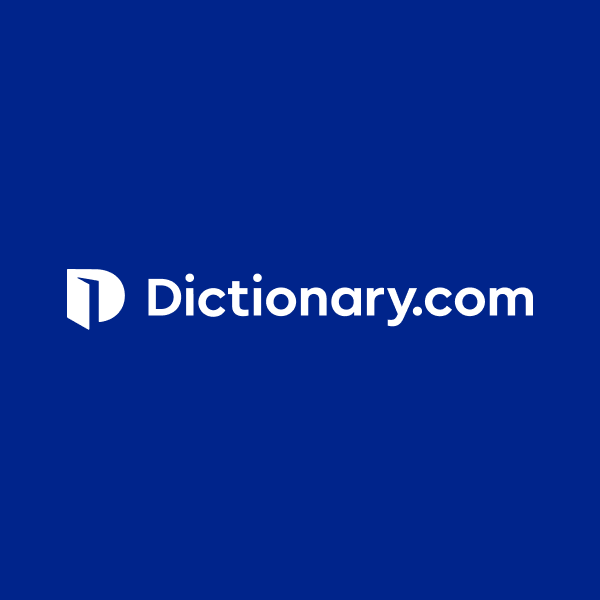It became was useful, but my understanding is that it was part of the overall torpedo development. They Japanese did not start working on shallow water drops that early.
I figured you would like that. One of the best spies ever. A pity that Stalin didn’t use his information better.
I saw and interesting documentary on him when I lived in Tokyo. Not surprisingly, the subject matter was presented differently.
That’s an interesting subject and something which I, too had unquestioningly fallen for the standard line that the Japanese missed the boat (ouch) by not attacking either the oil or repair facilities.
Anything about the Pacific War and Pearl Harbor in specific needs to be examined in light of the IJN’s core strategy of a “decisive battle” in which the battleships of the two combatants battle it out with the victor winning the war. Sort of like Jutland on steroids. Navy commanders had grown up with the victory over the Russians in which they done exactly this.
By summer of 1941 Japan was losing the peace, war between her and the US was inevitable, the only question was when rather than if. As I said upstream, everyone knew that Japan could not win a prolonged war against the US, let alone the entire ABCD alliance. (American, British, Chinese, Dutch)
So, they rationally realigned their national policies to prevent national suicide. No, just kidding. They closed their eyes and doubled down on the decisive battle doctrine. Shock the US at Pearl Harbor, seize all the islands around the DEA to protect their newly acquired oil and deny the US bases to launch a counter attack. The US would either charge out to protect the PI, and they would sink the fleet or the US would tire itself out fighting against fanatical soldier with higher “mental/spiritual” selves who would win because they were “Yamato” warriors.
The didn’t look at prolonged wars because if they had, it was helpless. Just as it always comes up on hypotheticals about refighting the Eastern front and what if Hitler hadn’t have attacked Russia. That scenario would not have happened because Hitler would not have been Hitler if he weren’t going to attack the USSR.
Japan had figured on a short, several month war. Yamamoto’s aims on December 8th (Japan time) were more than fulfilled. Interestingly, for all of his supposed foresight in the art of war, it was the subordinate planning the attack who more targeted the carriers.
I’ve seen the claim that Yamamoto had instructed that the oil farm not be attacked in order to preserve viability. However, other historians more follow the logic that it simply wasn’t a key target.
An interesting claim is that the carriers didn’t carry enough bombs to destroy either the dry docks or the oil farm. I’ve only read a summary on a WWII board, but it seemed to make sense. One point he make was the Japanese machine guns on the planes were not AP, so the oil farm tanks had to be destroyed by bombs. The author does extensive calculations. I can look for it if anyone is interested.
For the reason that they did not make a third wave, in addition, they had some serious concerns about sticking around the scene any longer than necessary. The commander had achieved his objectives beyond his dreams. He wasn’t the best, and was curiously conservative for this type of gamble but seniority but him. Someone else may have done differently. However, I suspect they still would have only wasted planes going after more ships in the face of increased resistance.
